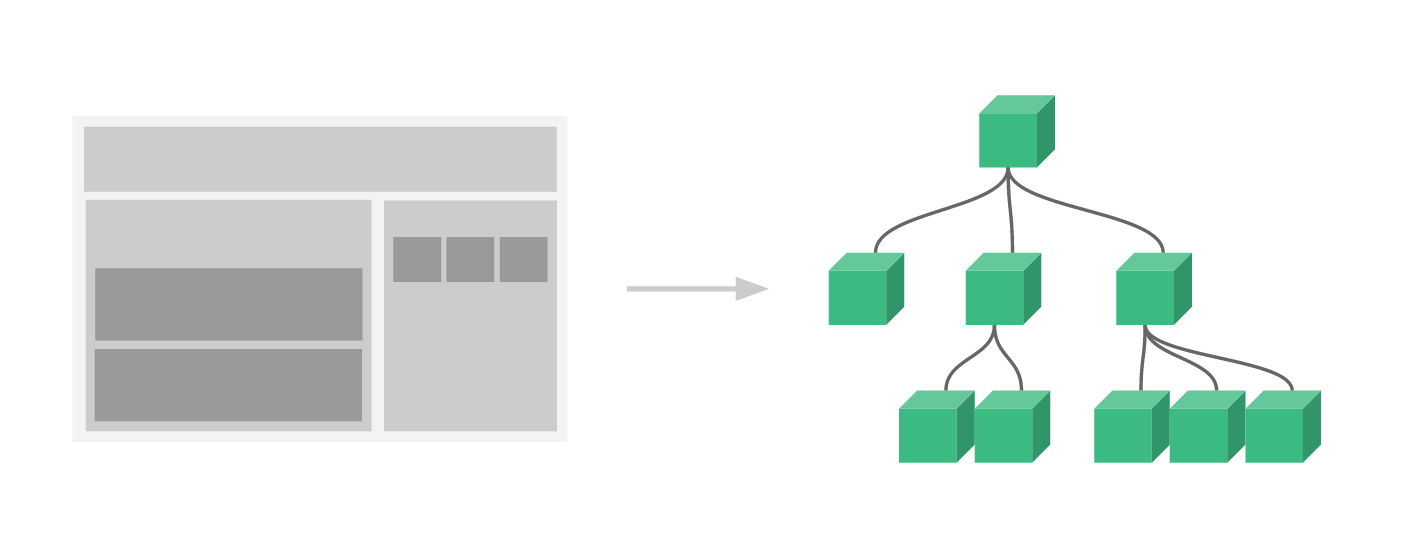Vue组件基础
定义一个组件:

1 <template> 2 <header> 3 <h1>{{title}}</h1> 4 </header> 5 </template> 6 7 <script> 8 export default { 9 name: 'app-header', 10 data () { 11 return { 12 title: 'Welcome to Your Vue.js App' 13 } 14 } 15 } 16 </script> 17 18 <!-- Add "scoped" attribute to limit CSS to this component only --> 19 <style scoped> 20 header{ 21 background: lightgreen; 22 padding: 10px; 23 } 24 h1{ 25 color: purple; 26 text-align: center; 27 } 28 </style>
在另一个组件中使用该组件,首先引入该组件,然后注册该组件(启发:通过组件的嵌套来实现页面的拼装)

1 /*app.vue是根组件*/ 2 3 /*模板,HTML结构*/ 4 <template> 5 <div id="home"> 6 7 <app-header></app-header> 8 <h2> hello world!{{title}} </h2> 9 <users></users> 10 <br> 11 <app-footer></app-footer> 12 </div> 13 </template> 14 15 /*行为,处理逻辑*/ 16 <script> 17 //局部注册组件 18 import Users from './Users' 19 import Header from './Header' 20 import Footer from './Footer' 21 export default { 22 name: 'home', 23 data(){ 24 return{ 25 title:"这是我的第一Vue脚手架工具!" 26 } 27 }, 28 components:{ 29 "users":Users, 30 "app-header":Header, 31 "app-footer":Footer 32 } 33 } 34 </script> 35 36 /*样式:解决样式*/ 37 <style scoped> 38 h2{ 39 color: green; 40 } 41 </style>
一个组件的 data 选项必须是一个函数,因此每个实例可以维护一份被返回对象的独立的拷贝:

1 data: function () { 2 return { 3 count: 0 4 } 5 }
通常一个应用会以一棵嵌套的组件树的形式来组织:

例如,你可能会有页头、侧边栏、内容区等组件,每个组件又包含了其它的像导航链接、博文之类的组件。
上面代码中组件注册的方式是局部注册,只能在引入该组件的Vue实例中使用。
也可以通过全局注册的方式注册组件:

1 // 定义一个名为 button-counter 的新组件 2 Vue.component('button-counter', { 3 data: function () { 4 return { 5 count: 0 6 } 7 }, 8 template: '<button v-on:click="count++">You clicked me {{ count }} times.</button>' 9 })
父组件向子组件传值
Vue.component('blog-post', { props: ['title'], template: '<h3>{{ title }}</h3>' }) <!-- 一个组件默认可以拥有任意数量的 prop,任何值都可以传递给任何 prop。在上述模板中,你会发现我们能够在组件实例中访问这个值,就像访问 data 中的值一样。 -->
new Vue({ el: '#blog-post-demo', data: { posts: [ { id: 1, title: 'My journey with Vue' }, { id: 2, title: 'Blogging with Vue' }, { id: 3, title: 'Why Vue is so fun' } ] } }) <blog-post v-for="post in posts" v-bind:key="post.id" v-bind:title="post.title" ></blog-post>
tips:every component must have a single root element (每个组件必须只有一个根元素)

Vue.component('welcome-button', { template: ` <button v-on:click="$emit('welcome')"> Click me to be welcomed </button> ` }) <div id="emit-example-simple"> <welcome-button v-on:welcome="sayHi"></welcome-button> </div> new Vue({ el: '#emit-example-simple', methods: { sayHi: function () { alert('Hi!') } } })




 浙公网安备 33010602011771号
浙公网安备 33010602011771号